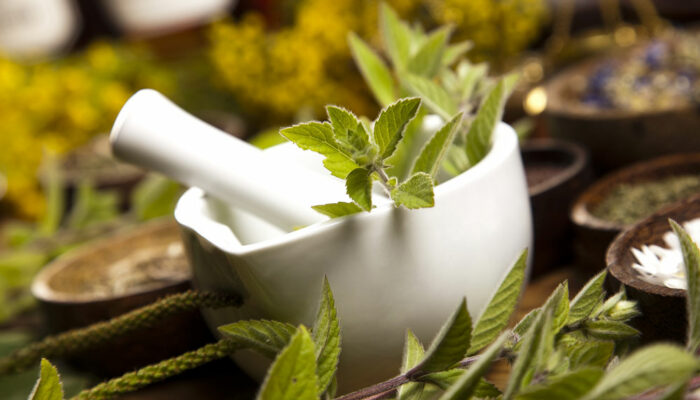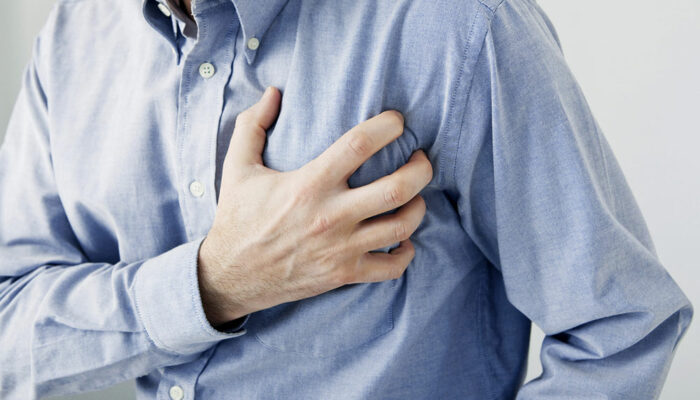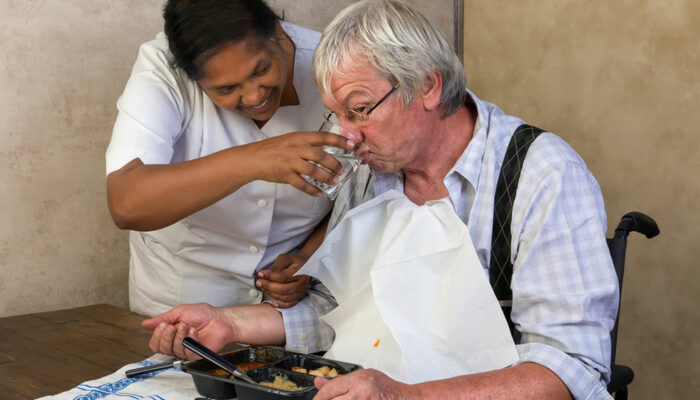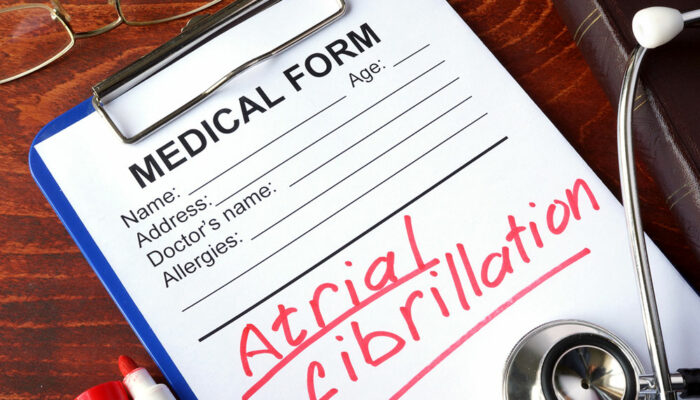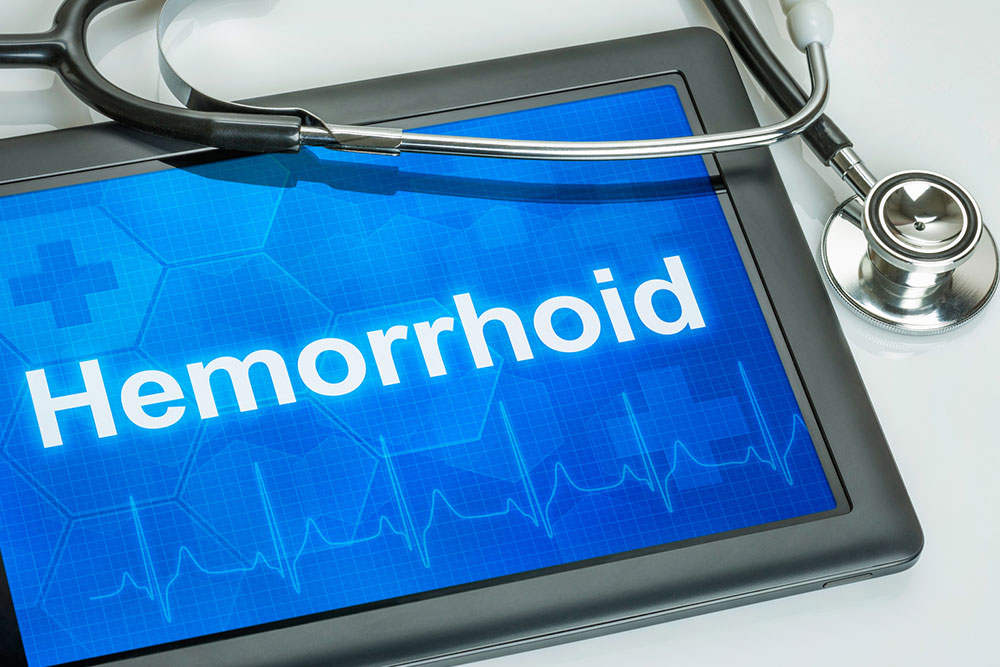
How to cope with Hemorrhoids during pregnancy
Piles are common during pregnancy, affecting around 33% of women. Certain lifestyle changes and natural remedies can help cope with the problem. Proper care ensures that the symptoms don’t aggravate and the swelling subsides after pregnancy.
Hemorrhoids can occur during the first trimester, as constipation is common at this time due to hormonal changes. The hormones progesterone and estrogen contribute to constipation. It is also known to occur in the third trimester due to the pressure of the uterus on the anal veins. The common symptoms are anal itching and burning. Sometimes bleeding may occur during a bowel movement.
Eating high-fiber foods and drinking plenty of fluids, helps to maintain good bowel movement. Expectant mothers should consume 25 to 30 grams of dietary fiber each day to have good bowel movements. Good choices of food include fresh fruits, vegetables, beans, prunes, bran cereals, and whole grain bread.
Doctors recommend drinking at least 8 to 10 eight ounce glasses of water a day. This will keep you hydrated and also soften the stools.
Try to substitute iron supplements with iron-rich natural foods, as iron supplements can cause constipation. Dried fruits, leafy greens, Broccoli and sprouts are a good source of iron and are fiber-rich. It is better to treat constipation with a good diet rather than using laxatives, as laxatives can cause dehydration and might stimulate uterine contraction.
If you sit for a long period of time make sure to get up and walk and likewise if you stand for long periods, lie down on the side for a bit to ease the pressure on your rectum.
Treating hemorrhoids during pregnancy
Consult with your doctor or health care provider immediately. In most mild cases topical ointments or wipes are suggested by doctors. Home remedies can also be tried to ease pain and discomfort.
Warm water
Soaking the area in warm water in the bathtub is beneficial. Do it several times a day. A sitz bath or small basin that fits over a toilet seat can also be used instead of a tub. They can be purchased at most drug stores.
Answer nature’s call often
Make sure you go to the toilet to relieve yourself. Holding it contributes to constipation and many other conditions.
Use icepacks and compresses
Apply ice packs or cold compresses to the area to reduce swelling and ease the pain. When cleaning the area with wipes or tissues do not rub, but pat dry. Baking soda or witch hazel can be used.
Exercise
Regular physical activity helps as exercise stimulates your bowels. Try to exercise at least three times a week for 20 to 30 minutes. Kegel exercises are highly recommended in treating hemorrhoids. These exercises help strengthen the pelvic muscles and anal muscles. Yoga is beneficial too.
Postpartum care
Proper care ensures relief from symptoms and can cure the swelling. It is better to cure it before delivery to avoid any problems during pregnancy. Inform the nurse or doctor assisting your childbirth, if the condition persists. Some women develop hemorrhoids after vaginal delivery. Similar symptoms persist. The necessary dietary and lifestyle changes can help give relief and cure.

